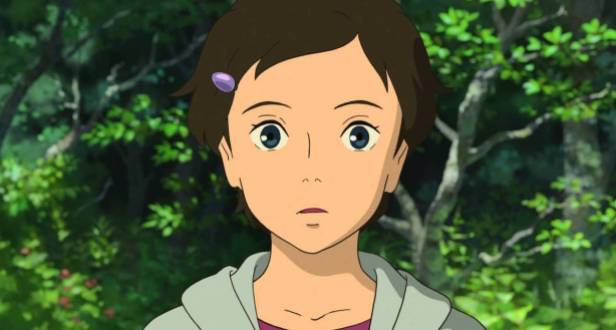24/04/20
sixbynico.co.uk
Running a review site that focuses on film, theatre and comedy has never been more problematic and, of course, we also review restaurants – and that’s even more difficult. While film,theatre and comedy can be sourced online, restaurants cannot.
So when we hear that Six by Nico are offering a four course meal, to be cooked in customers’ home ovens, we sit up and take notice. At £80 for four people, it’s not cheap, but neither is it too extortionate for a high-end takeaway, and it does include wine! And yes, there are only two of us, but we’ll freeze up two portions for later. (Future menus, it transpires, will be available for two diners, at the reduced cost of £50.)
In the good old days B.C. (before Coronavirus), we had plans to visit this popular restaurant with friends, but could never seem to sort out a time when we could all get there. Ah, for such problems now! SbN is best known for showcasing a different theme each month and tends to book out well in advance. So, here, finally, is our chance to try out their cuisine, albeit in the familiar surroundings of our modest home. This week’s menu theme is ‘Catalonia.’
The food arrives at 10am, neatly packaged with cooking instructions and full allergy information. It’s apparent at a glance that the portions are on the generous side. We separate two portions, put everything in the fridge, and look forward to the evening.
Unfortunately, when we approach the allotted hour of 7pm, (Sod’s law!) a whole battalion of workers start attacking the pavement outside our front door with drills, a process that continues until the small hours of the morning. Apparently there’s a problem with the electricity supply. ‘Will it last out until we’ve finished cooking?’ we yell over the noise, crossing our fingers and hoping for the best…
It does. Phew!
For starters,we have a very nice foccacia with olive oil and basalmic vinegar. (The foccacia isn’t quite as splendid as the one we’ve been sampling from Tasty Buns, but is nonetheless an appetising introduction.)
Next up, it’s a manchego bomba with red pepper romesco: a round, firm sphere of excellence filled with a gooey, melting cheese and potato filling and accompanied by some green salad. Delicious.
The main course is a rich, chicken and chorizo ragout, accompanied by paprika & garlic patatas bravas and roasted fennel and piquillo pepper cous cous, the latter served cold. This is the most ambitious of the dishes here and it works very well indeed. There’s also a bottle of Plot Twenty Two Tempranillo Shiraz, the heavy acidic flavour cutting perfectly through the tang of the sauce.
Next up, cheese and crackers: a portion of ossau iraty, a delicious cheese from the Pyrenees (and when I say a portion, there’s a huge block of the stuff, which will be happily eaten over the next few days). We enjoy this with some charcoal crackers and a tangy chutney, noting that the cheese has been sourced from I J Mellis, our usual purveyor of choice in Edinburgh (though somebody recently treated us to a subscription to the equally excellent Pong Cheese, so it’s a wee while since we’ve been).
And so to pudding, which is slightly disappointing. St Clement’s cake – the name conjours images of a moist citrusy orange and lemon concoction, but this, served with a vanilla crème anglaise, though a perfectly decent bake, is a little too bland for our liking. It lacks the lip-smacking decadence of a perfect pud, the final flourish that such a meal demands.
Of course, what’s missing from all this of is the theatre of visiting a top flight restaurant, the vivacity and atmosphere that the food itself is only a part of. Nevertheless, this is more ambitious (and feels much more special) than your average takeaway. Those wishing to investigate should note that only the first two hundred customers who apply for a weekend meal will be successful, so if you want to try it, book early.
4 stars
Philip Caveney






























